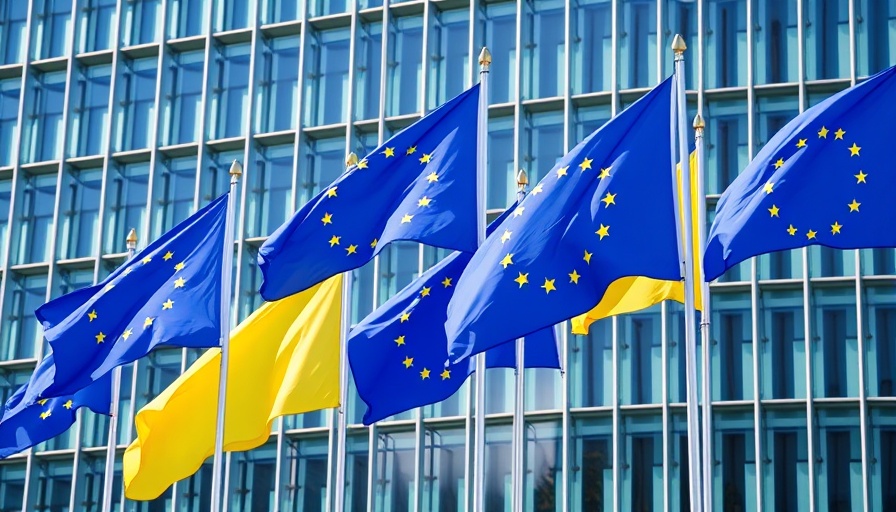
Authors Urging Action Against AI Dominance in Publishing
In a bold move, prominent authors like Lauren Groff, Lev Grossman, and R.F. Kuang have united in an open letter calling on book publishers to reconsider their reliance on artificial intelligence (AI) technologies. With over 1,100 signatures added in a single day, the letter emphasizes the importance of human contribution in literary works and voices concerns about the exploitation of writers’ labor.
The Ethical Implications of AI in Creative Industries
The authors argue that conventional practices in the publishing industry are at risk due to the increasing utilization of AI tools. They contend that instead of compensating writers for the fruits of their labor, AI companies are profiting from the vast corpus of published works by using them without proper acknowledgment or remuneration. The moral implications of this trend raise significant questions about how creativity is valued in a rapidly digitizing world.
Potential Consequences of AI Overreach
The authors have been clear in their call for action, urging publishers to pledge against the release of books created by machines and to hire human audiobook narrators. This advocacy not only seeks to preserve jobs but also to maintain the artistry inherent in storytelling. As AI becomes more sophisticated, the risk of impersonal narratives and the mundane replication of styles threatens to dilute the cultural richness that human writers bring.
Legal Battles and Future Considerations
Recently, authors have also found themselves embroiled in legal disputes with tech companies over the unauthorized use of their books to train AI models. While some federal rulings have favored these tech firms, the outcome of ongoing lawsuits could set a precedent for how authors' rights are protected in this new digital landscape. The outcome of these legal battles will be crucial in determining the balance of power between creative professionals and technology companies.
What This Means for Healthcare Writers and Content Creators
For those in the healthcare field—especially IT professionals and healthcare providers—the implications of these discussions are profound. Just as authors in the literary world are advocating for fair practices, writers and content generators in healthcare must also be aware of how AI tools impact their industries. As healthcare technology evolves, the ethical considerations surrounding AI's role in content creation become increasingly relevant, potentially shaping new norms for quality and authenticity.
Moving forward, professionals in both sectors must remain vigilant and advocate for their rights in a landscape dominated by artificial intelligence. With voices like Groff and Grossman's leading the charge, there is hope for a future where creativity and ethical production coexist harmoniously with technology.
 Add Row
Add Row  Add
Add 




Write A Comment